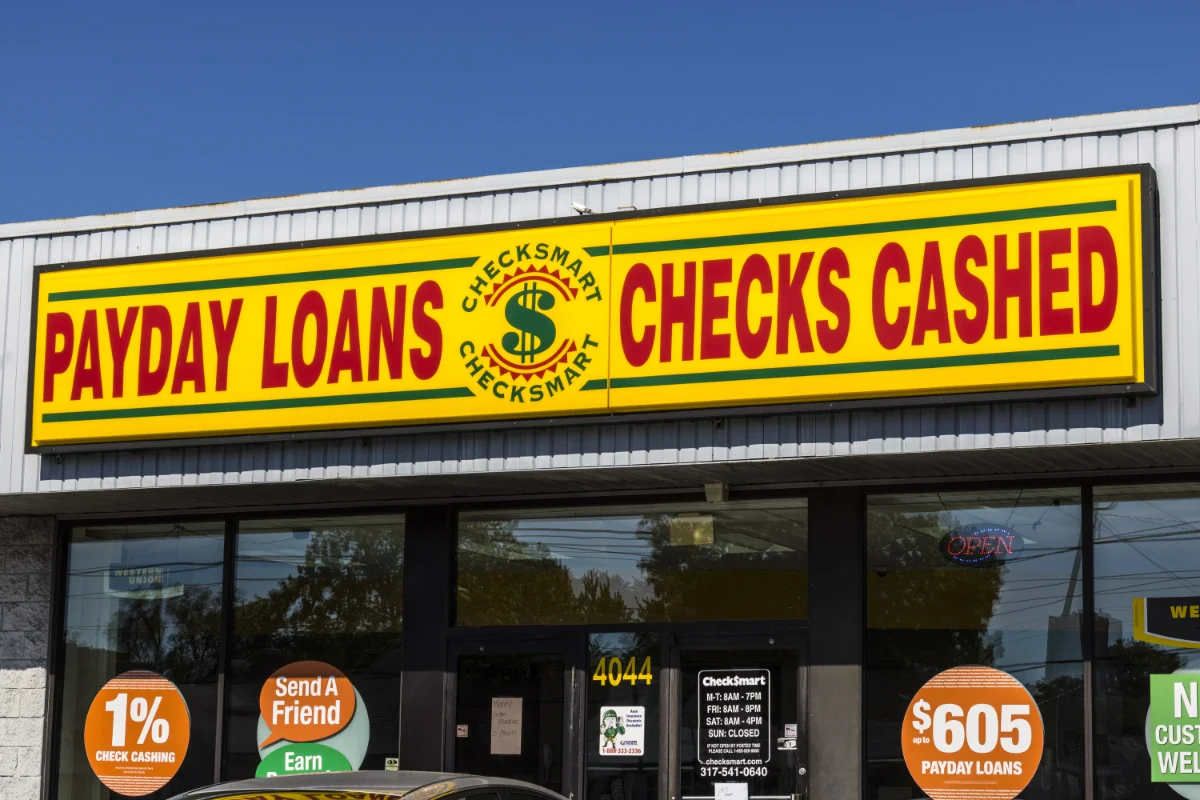State Attempts to Rein In Payday Loans 'Not Working'

States have been trying to put a lid on the excessive interest rates charged by the payday loan industry but those attempts aren’t working, according to the Consumer Financial Protection Bureau (CFPB).
“Our research suggests that state laws that require payday lenders to offer no-cost extended repayment plans are not working as intended,” said CFPB Director Rohit Chopra in a news release. “Payday lenders have a powerful incentive to protect their revenue by steering borrowers into costly re-borrowing.”
Basically, the problem is that consumers keep “rolling over” their loans, paying ever-higher interest rates instead of taking advantage of no-cost extended payment plans that are mandated in most states that don’t outlaw payday lending outright.
Why? No one really knows but the CFPB says that it has found some payday lenders have deceived struggling borrowers by misrepresenting or withholding information about their payment options.
Fees are bigger than the loans
The CFPB said it has found that most payday loans were made to borrowers who used the rollover option so many times that the accrued fees were greater than the original principal – meaning consumers paid more in interest and fees than the original amount of the loan. More than 100 percent, in other words.
Interest and fees can exceed 100%
Consumers are rolling over their loans instead of using no-cost extended payment plans available in many states. Those plans are intended to help borrowers escape from the cycle of rollovers and fees.
But payday lenders’ business model depends on high rollover rates and fees, and they are reluctant to abandon the lucrative practice.
12 million borrowers per year
Every year, more than 12 million borrowers take out payday loans in the 26 states where payday lending is still allowed. Sixteen of those states require payday lenders to offer no-cost extended payment plans – allowing the borrower to repay only the principal and fees already incurred, splitting the remaining balance over several months.
A borrower’s other, costlier option, if they do not repay their loan, is to rollover their loan. Essentially, a rollover renews the borrower’s loan for another pay-period and the borrower is charged an additional payday loan fee.
$360 in fees for a $300 loan
The savings of a no-cost extended payment plan can be substantial. For example, on a typical $300 loan, a borrower would pay $45 in rollover fees every two weeks until they can pay off the principal and incurred fees.
After four months, the borrower would have paid $360 in rollover fees and still owe the original $300. If the same borrower opted for a no-cost extended payment plan at the time of the first rollover, they would only have to pay $345 over an extended period.
What can I do if I can’t repay my payday loan?, to learn more about extended payment plans.
